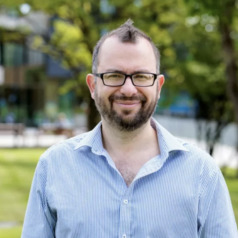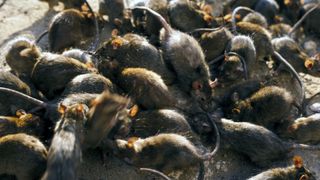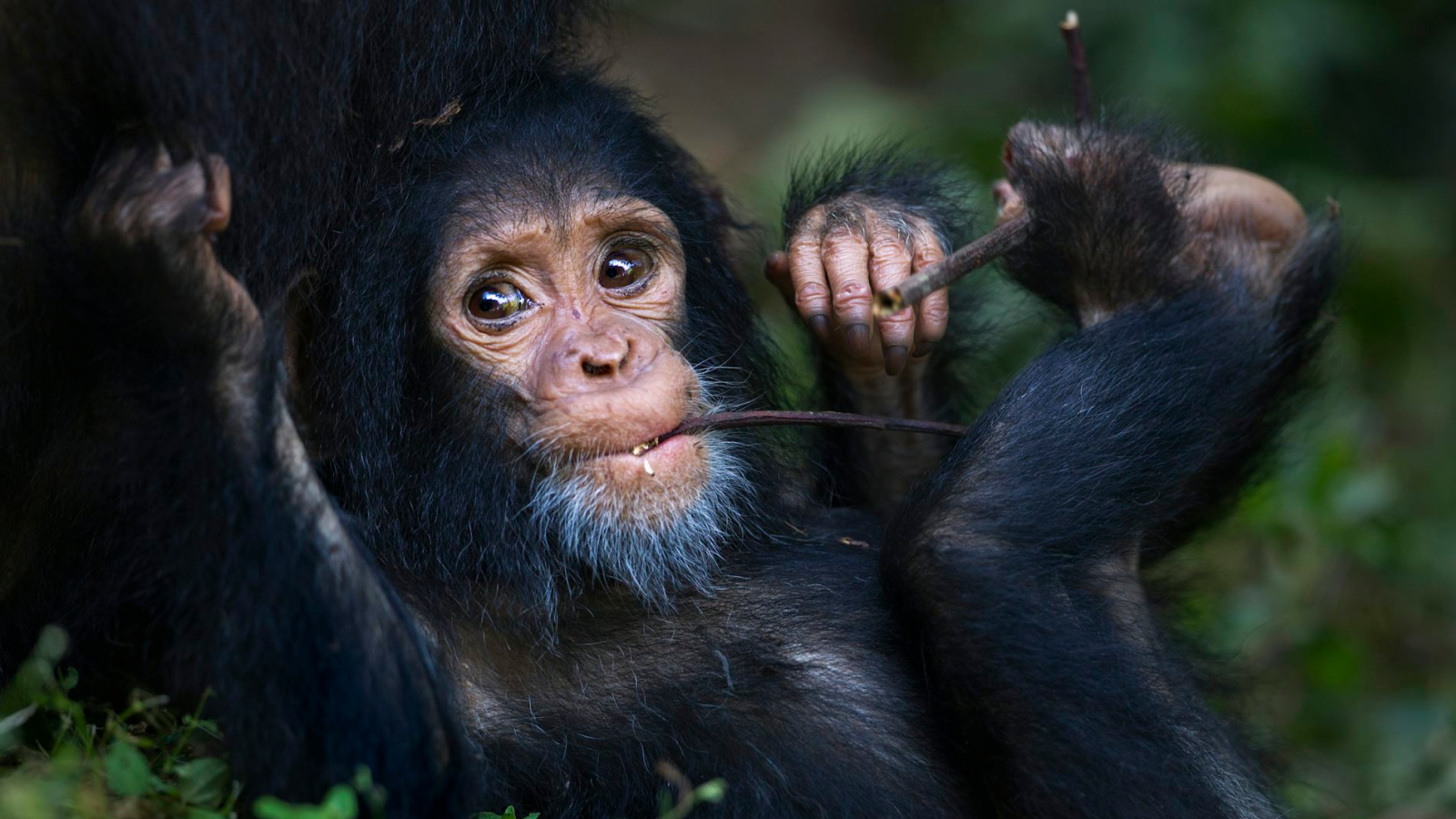
Philip Slavin
I was born in St Petersburg, Russia and began my university career at the Hebrew University of Jerusalem, where I pursued two concurrent degrees in History and Violin Performance. I received my PhD in Medieval History from the Centre for Medieval Studies at the University of Toronto (2008). Before joining Stirling in 2018, I spent two years as a postdoctoral fellow at the Economic Growth Center, at Yale University (2008-10), three years as a Mellon Fellow and faculty lecturer at McGill University, Montreal (2010-3) and five years as a lecturer and then senior lecturer at the University of Kent (2013-8).
When outside a classroom or his office, I enjoy listening to and playing music (be it Classical, Jazz, Rock or Folk), tasting ales and whiskies (the more obscure the better), cooking, and hiking (the further away from 'Civilization' the better). I love languages and have always been attracted to their beauty, written or spoken.
My scientific creed and research interests
Rather than seeing myself as an historian in the ‘traditional’ sense, I view myself as a ‘scientist of the past’, trained to work across disciplines and collaborate with colleagues in sciences, to promote a unified knowledge and science of the past. In my research, I use historical knowledge as a powerful tool to understand some of the most important issues and challenges that the human race and its wider bio-ecological environment face today.
My principle research interests fall into two main categories. Firstly, I am interested in the history of natural environment, economy, health, and society of the late-medieval world, with a particular focus on the British Isles within the wider North Atlantic context, and Central Asia within the wider Eurasian context. My first monograph Bread and Ale for the Brethren: The Provisioning of Norwich Cathedral Priory, c.1260-1536 (2012) offers a re-interpretation of the decline of feudal system in England, through the prism of food production and consumption by local landlords. My second monograph Experiencing Famine: A Fourteenth-Century Environmental Shock in the British Isles, recently published with Brepols, examines the Great European Famine of 1315-17 (arguably the single worst subsistence crisis in Europe in the last two millennia) as a case-study to answer the most pressing question ‘What creates famine?’ In addition, I have authored (and in some cases co-authored) 34 articles on various topics related to environmental, economic and social history of late-medieval world.
Secondly, in recent years I have expanded my interests in these topics to a global ‘deep history’ perspective, all the way from early hunters-gatherers to our contemporary world. These topics are among the most pressing and complex socio-economic, environmental and political issues that scientists, NGOs and policy makers are struggling with today. Before these issues can be solved, we need a better understanding of their determinants and dynamics in a long-run historical context. I am currently working on two large-scale monograph projects. The one will examine the historical roots of global economic inequality, in a very long run. It argues that we cannot fully appreciate the phenomenon of global economic inequality, unless we study the development of socio-economic and cultural institutions from a ‘deep history’ perspective, which follows this development from early hunter-gatherer societies to our contemporary world. The other monograph is a global history of the single most notorious killer: plague - all the way from the Late Neolithic Period until sporadic outbreaks in the 21st century. This book, too, takes a deep history perspective, to answer some most pressing questions related to the phenomenon of ‘emerging diseases’, such as ‘What makes some diseases so deadly?’ ‘What is the relationship between emerging diseases and a wider bio-ecological and climatic environment?’ ‘What makes those diseases fade and disappear – or, by contrast – re-emerge again?’
I welcome enquiries from prospective research students interested in the environmental, economic, social and medical history of late-medieval and early modern British Isles and other parts of the European and North Atlantic world.
Get the world’s most fascinating discoveries delivered straight to your inbox.

